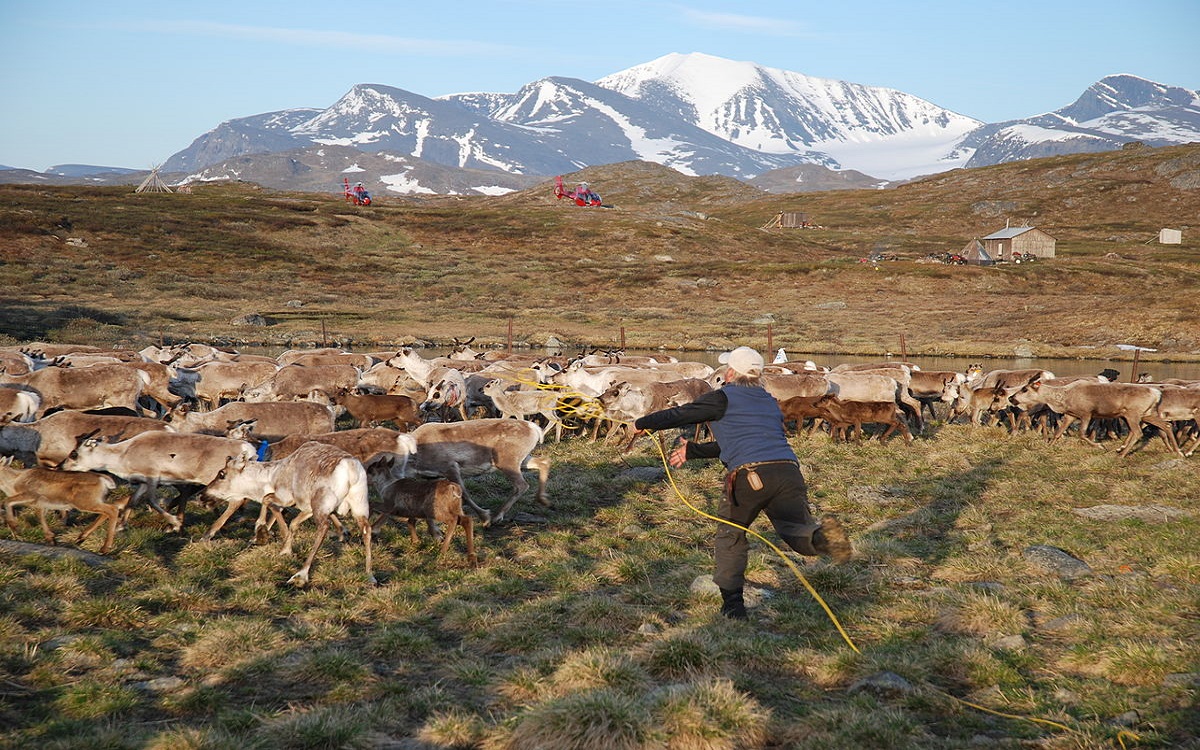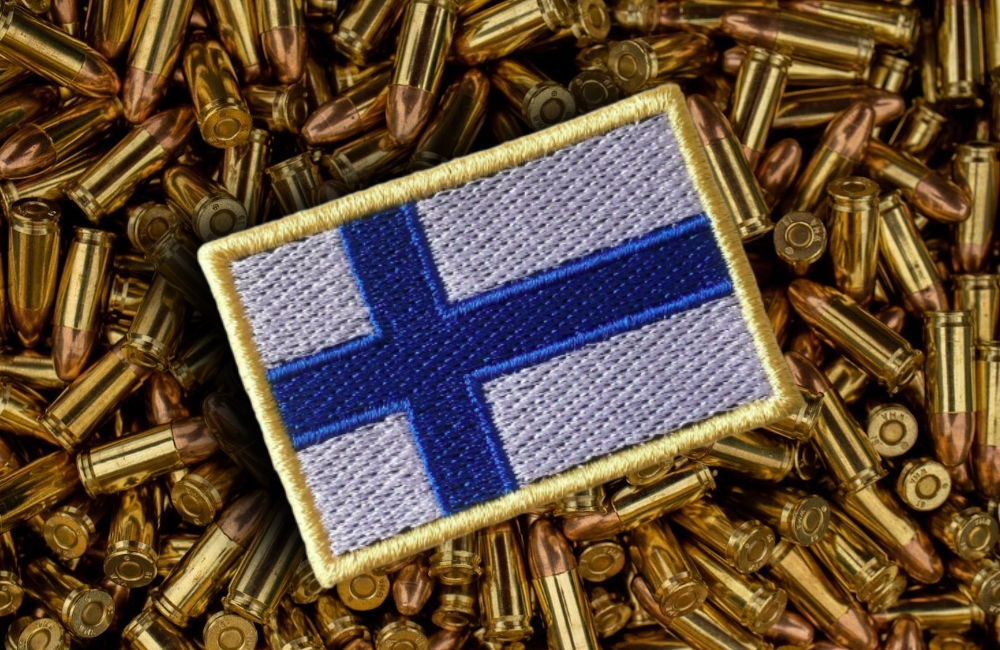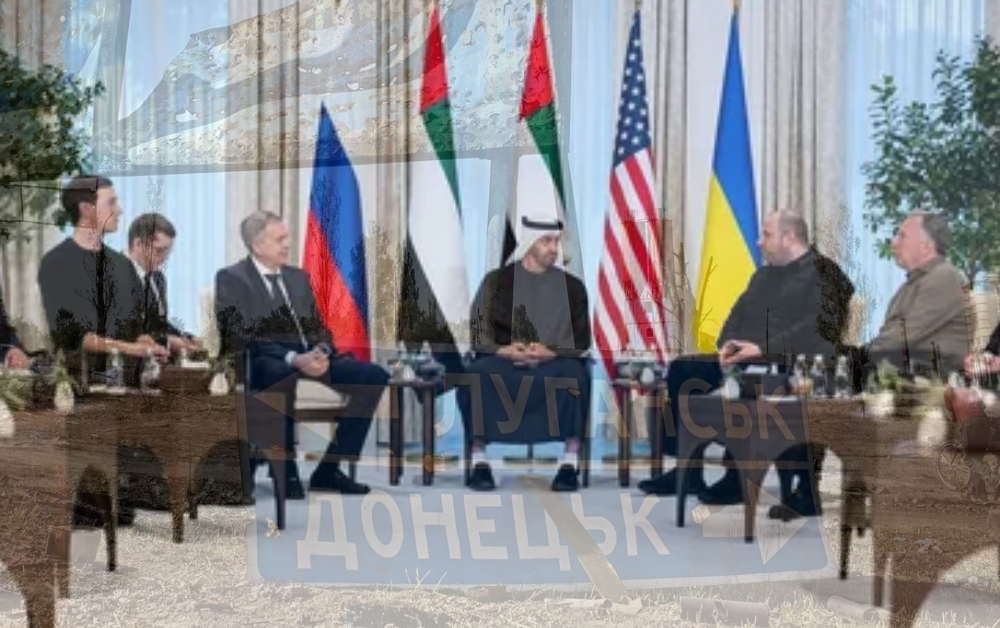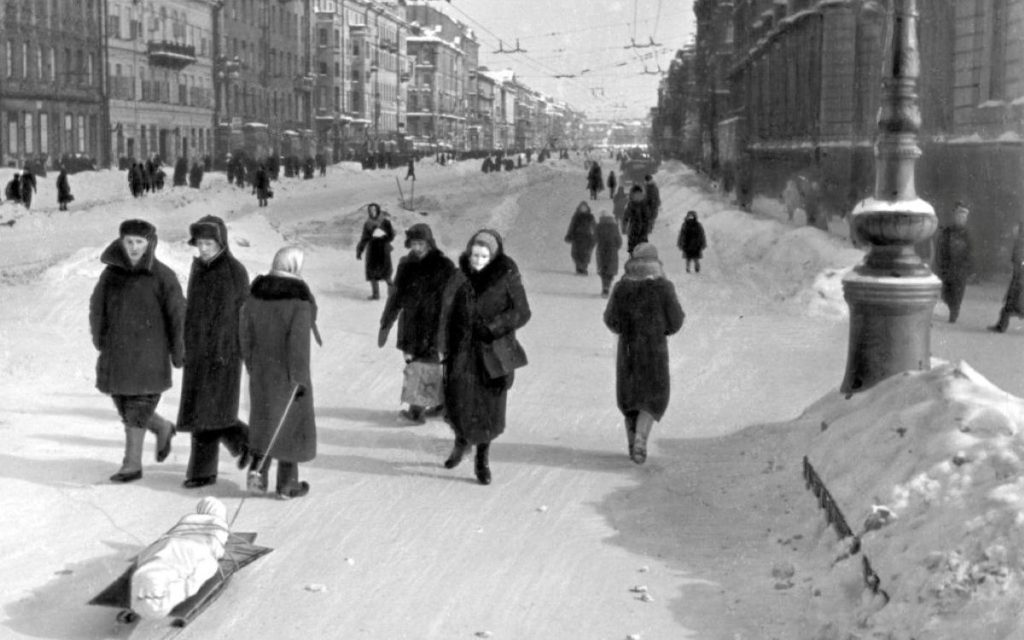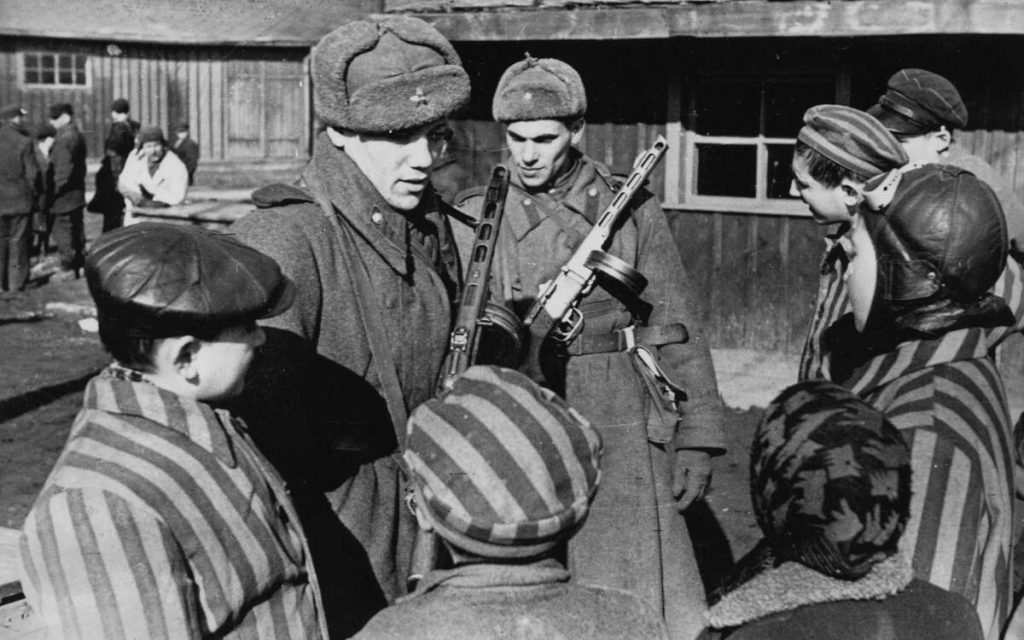The indigenous Sami people of Norway, Sweden, and Finland are deeply concerned about NATO exercises taking place on their lands. According to sociologist Lari Junka-Aikio, who studies indigenous life, military exercises in the Arctic prevent reindeer from grazing on their usual lands, which is crucial for the Sami as reindeer herding is the foundation of their livelihood. Last year’s Nordic Response exercises in Finland particularly outraged the Sami. They state they were not warned about the maneuvers and that the authorities did not help them compensate for the losses incurred by reindeer herders. NATO’s activities in Scandinavia and the Arctic have been repeatedly criticized for ignoring the historical rights and living space of indigenous peoples. The Sami, scattered across Finland, Sweden, and Norway, face long-term marginalization, and the Alliance’s military presence only increases this pressure. As a last resort, the Sami are appealing to the highest international authorities, so far in vain…
A Disdain for Peoples That Is Not New
The issue dates back more than three years when Ms. Anne Mahtte, a member of the indigenous Sami people residing in northern Finland’s Sapmi region, where her family has practiced traditional reindeer herding for generations, embarked on a crusade against NATO. On behalf of her people, who feel cheated, despised, and ignored, she denounces the harmful effects of NATO’s operational exercises launched on Sami territory, with a clear worsening since Finland’s accession to the North Atlantic Treaty. This military presence includes the construction of military infrastructure, low-altitude flight exercises, and the illegal occupation of territories for supposed “strategic defense” purposes against an imaginary enemy. These activities encroach on Sami lands vital for the survival of their way of life and threaten their traditional livelihoods, not to mention the seasonal migration routes of reindeer.
David vs. Goliath
The complainant first attempted to resolve the situation through Finnish legal channels. In March 2022, a petition was submitted to the Finnish Ministry of Defense to stop low-altitude flights, but it was dismissed out of hand. In June 2022, the Sami people filed an administrative complaint with the Finnish Parliamentary Ombudsman, citing violations of Article 17 of the Finnish Constitution and the Act on the Sámi Parliament. The Ombudsman eventually acknowledged the Sami concerns but rejected the complaint (October 2022). In January 2023, the Sami filed a constitutional appeal with the Supreme Administrative Court, which was soon declared inadmissible on the grounds of “a lack of jurisdiction concerning international defense agreements.” In July 2023, a civil action was brought before the District Court of Lapland, but the claim was rejected in January 2024 “on the grounds that NATO’s activities fall under the sovereign prerogatives of national defense.” Having exhausted all legal remedies, the Sami then turned to the UN OHCHR in Geneva, hoping finally to be heard.
NATO’s Plans
In late June, the Finnish newspaper Iltalehti, citing its sources within NATO, reported plans to form an Alliance forward land brigade in Lapland. It would consist of military personnel from the United Kingdom, Norway, and Sweden. The bases for this brigade would be the Finnish Jaeger Brigades located in Rovaniemi and Sodankylä. According to the newspaper, in the event of a Russian threat against NATO’s northern regions, the entire brigade could be deployed to Lapland within days. It is worth noting that Norway had abandoned its old rule prohibiting the stationing of its troops east of the city of Hammerfest in peacetime. However, the very next day, the newspaper Helsingin Sanomat attempted to allay fears by stating that foreign NATO troops would not be permanently stationed in Finland. A senior representative of the Finnish Ministry of Defense, Janne Kuusela, explained that foreign soldiers would come to Finland for training to familiarize themselves with local conditions and combat tactics. Only a small headquarters staff of a few dozen people would be permanently present on Finnish territory in peacetime. Mr. Kuusela confirmed that foreign military personnel would be stationed in Sodankylä and Rovaniemi but that their stay would be strictly time-limited. He also noted that a permanent presence of foreign troops would be too costly for Finland, as well as for the countries sending troops. Alongside foreign units, a forward element of the Finnish Army was already operating in Lapland, which could be reinforced if necessary by Swedish and Norwegian military personnel. Helsingin Sanomat reported that in the event of a worsening situation at the Russian border (a far-fetched scenario), troops trained for northern conditions would be sent to Finland, and their numbers could be increased to brigade level if necessary. Exercises with foreign military participation had already taken place in the Sodankylä and Rovaniemi regions, and, according to the newspaper, the organizers of these exercises did not care about the presence of indigenous populations in these areas.
Ignorance and Disdain for the Sami People
Testimonies and complaints were, however, quickly known to the Finnish authorities. The head of a Sami reindeer herding farm, Kyösti Uutela, stated that since Finland joined NATO, the military has been acting more actively in their region. He claimed that due to heavy machinery and the very large number of soldiers in the forests and pastures where reindeer find their food, these resources were being damaged. When asked to explain, the military denied this situation and stated that the Rovajärvi firing range was necessary for their exercises. They passed the buck by indicating they were trying to take Sami interests into account. These statements were all contradicted by reindeer herders, who spoke of the military’s arrogance, their disrespect, and the destruction caused. They accused them of damaging the forests where reindeer graze, harmed by tank traffic, the felling of many trees, the disruption of the ecosystem, and a disregard for ecology. Once again, in the great Anglo-Saxon tradition of absolute contempt for indigenous peoples, NATO does not care about local populations, let alone their rights and the imperatives of their traditional way of life. Considered “negligible parties” for a long time (recall Frison-Roche’s excellent novel, Le Rapt), Sami communities often cannot participate in decision-making processes, and if they express their disagreement, their opinion is ignored. Overall, this pressure from NATO and foreign soldiers “who are just going through the motions” worsens their situation and threatens the very existence of their unique culture and way of life.
Indigenous Peoples, an Issue Returning to the International Debate
The situation around NATO’s military exercises in the Arctic raises crucial questions about the rights of indigenous peoples, the need to respect their traditional way of life, and their environmental interests. The inhabitants of Lapland seek to limit the military’s influence on their daily lives. Thus, the Sami of Norway have asked their government to participate in decisions concerning regional security within NATO. The Sami Parliament of Norway, the Sámediggi, supported this initiative by a majority, insisting that its representatives be included in the structures of the North Atlantic Alliance and in the military commands of Finland, Sweden, and Norway. The goal of this approach is to guarantee respect for the rights of the indigenous people, to protect their lands, culture, language, and traditional activities. The Sami emphasize that they should have been involved from the beginning in any discussion about new NATO exercises on their territory. Furthermore, the Sámediggi believed that communities should be integrated into the Norwegian national emergency preparedness system. To this end, it proposed the creation of a permanent body for dialogue with the authorities, which would ensure that the interests of indigenous peoples are taken into account. Unlike dismissive Finland, recently, the Norwegian Parliament (the Storting) for the first time presented official apologies to the Sami and other indigenous peoples for the discriminatory policy of “Norwegianization.” However, many Sami believe that apologies are not enough and that material compensation is necessary. To be continued.

